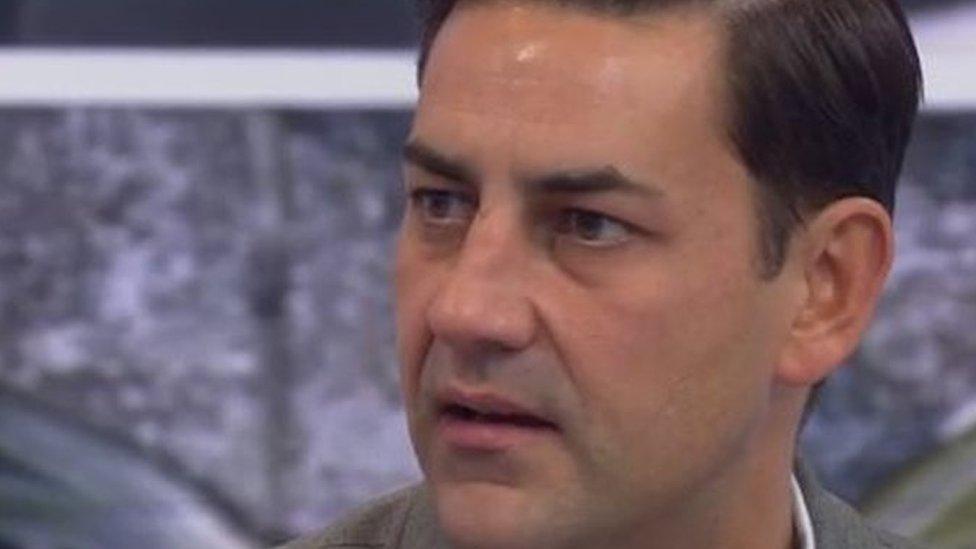Scottish FA backs NSPCC helpline on child abuse in football
- Published

The Scottish FA is supporting a campaign to encourage anyone with knowledge of child abuse in football to speak out.
It has backed a dedicated NSPCC helpline, external set up for victims of sexual abuse in the game.
The move comes after a number of former players in England revealed they were abused by coaches as youngsters.
The charity told BBC Scotland it had received calls from across the UK since it was launched on Thursday.
Former Manchester City and England player David White is among several who claim they were abused by former Crewe Alexandra coach Barry Bennell.
The 62-year-old was jailed in 1998 for sex offences against children and was imprisoned again last year.

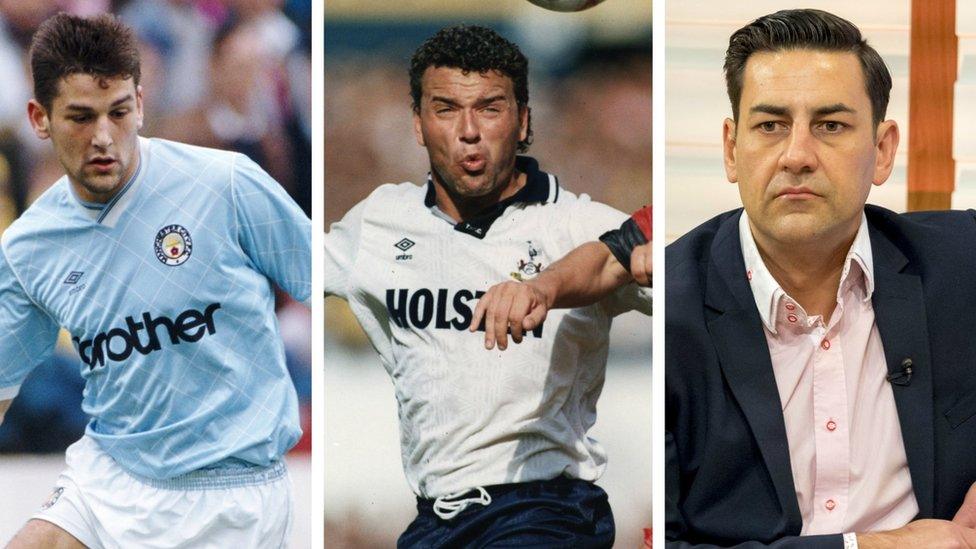
David White (L), Paul Stewart (C) and Andy Woodward all say they have been abused

In the same year, James Torbett, a former coach at Celtic Boys' Club, was convicted of abusing three young players, external, including former Scotland international Alan Brazil.
Donna Martin, the Scottish FA's child wellbeing and protection manager, said: "The safety and wellbeing of children is of paramount importance to the Scottish FA, and significant steps have been taken to ensure that their protection is integral to Scottish football's decision-making processes.
"The Scottish FA takes its role as the governing body of the national game seriously.
"We would urge anyone with any information relating to abuse or inappropriate behaviour - whether current or historic - to get in touch via the NSPCC's helpline, or childrenswellbeing@scottishfa.co.uk."
Scotland's Commissioner for Children and Young People, Tam Baillie, told BBC Radio Scotland the latest allegations may be the tip of the iceberg.
"I fear we are on the brink on many more revelations," he said.
'Macho culture'
Speaking on the Good Morning Scotland programme, he said: "I think we should commend people who've been brave enough to speak out and certainly the early signs are very worrying."
Mr Baillie praised the SFA for the speed of its response to the allegations.
He said: "The cultural shift that's required is that people feel confident that when they come forward they will be believed, whereas previously we know from painful experience that's not been the case.
"I think there's been an encouraging shift towards belief rather than trying to deal with it by sweeping it under the carpet and not acknowledging it."
He added: "If any good can come of this, it would shift that macho culture to be much more willing to look at how we better protect children in all sports to ensure we don't have a repetition."
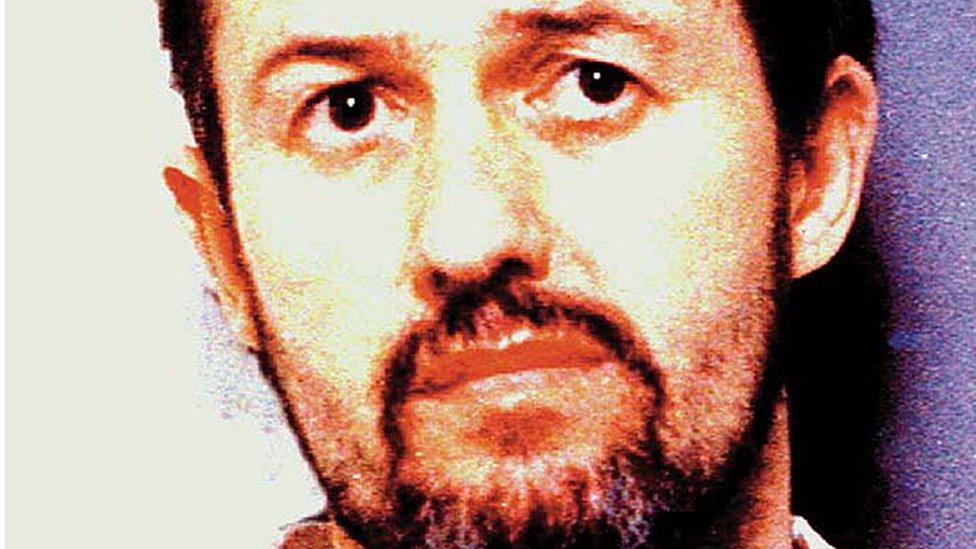
Barry Bennell has been convicted several times of child abuse
Jim Gamble, the former chief executive of the Child Exploitation and Online Protection Centre, said sports clubs were a "perfect environment" for abusers.
"Sport and clubs that bring young people together to participate in sport creates almost a perfect storm," he told the John Beattie programme.
"You have young people who aspire to be something special. You're putting them in proximity to people they admire, people they sometimes put on pedestals, and the trust and the intimacy of the relationships that will develop as they work together can be the perfect facilitator for abuse.
"So I'm not surprised this has happened in football, I would shocked if it wasn't happening in every type of organisation that brings together aspirational young people with adults and individuals they admire."
John Cameron of the NSPCC, said the new helpline had received calls from people with information about historic abuse from across the UK.
It has also been alerted to concerns about possible abuse of children currently involved in the game.
He said the response was very similar to that which followed the exposure of Jimmy Savile's crimes. Both instances were an "abuse of authority and power", he said.
'Robust recruitment'
"There were people in authority, in the past, where allegations have been made against them, where people found it extremely difficult to speak out," he added.
"And if you look at the victims who came to our helplines during the Savile, Operation Yewtree investigation, we're hearing very similar tales of the difficulty, not being taken seriously if you did speak out, fearful of the implications if you did so."
Mr Cameron said some of the information the NSPCC had received had been passed on to the police.
"There are a number of people who have given us potential identifying information of alleged offenders and we are liaising directly with the police up and down the UK," he said.
He said background checks on potential employees were only as good as the information held on the individual by police and courts.
And he called for "robust recruitment processes" which would prevent potential abusers obtaining jobs in football.
- Published25 November 2016
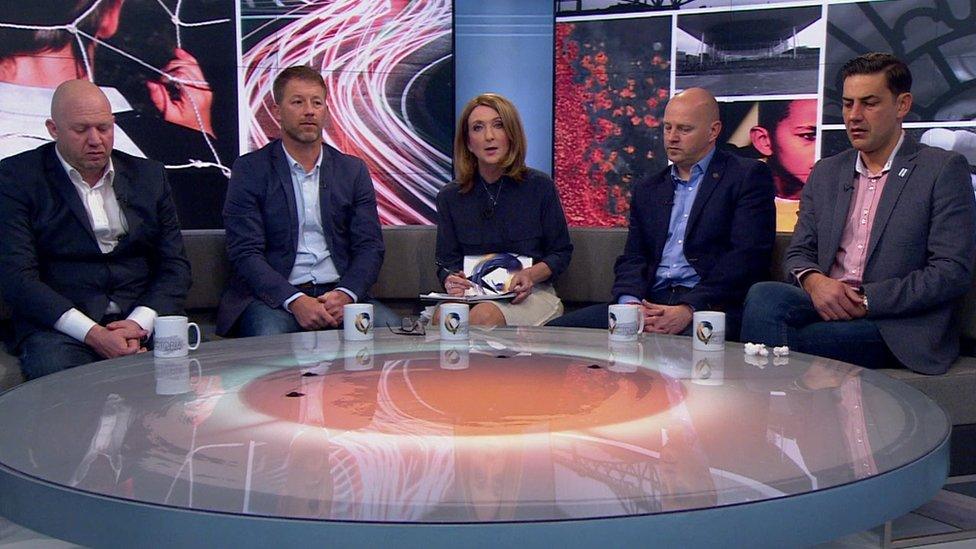
- Attribution
- Published29 November 2016
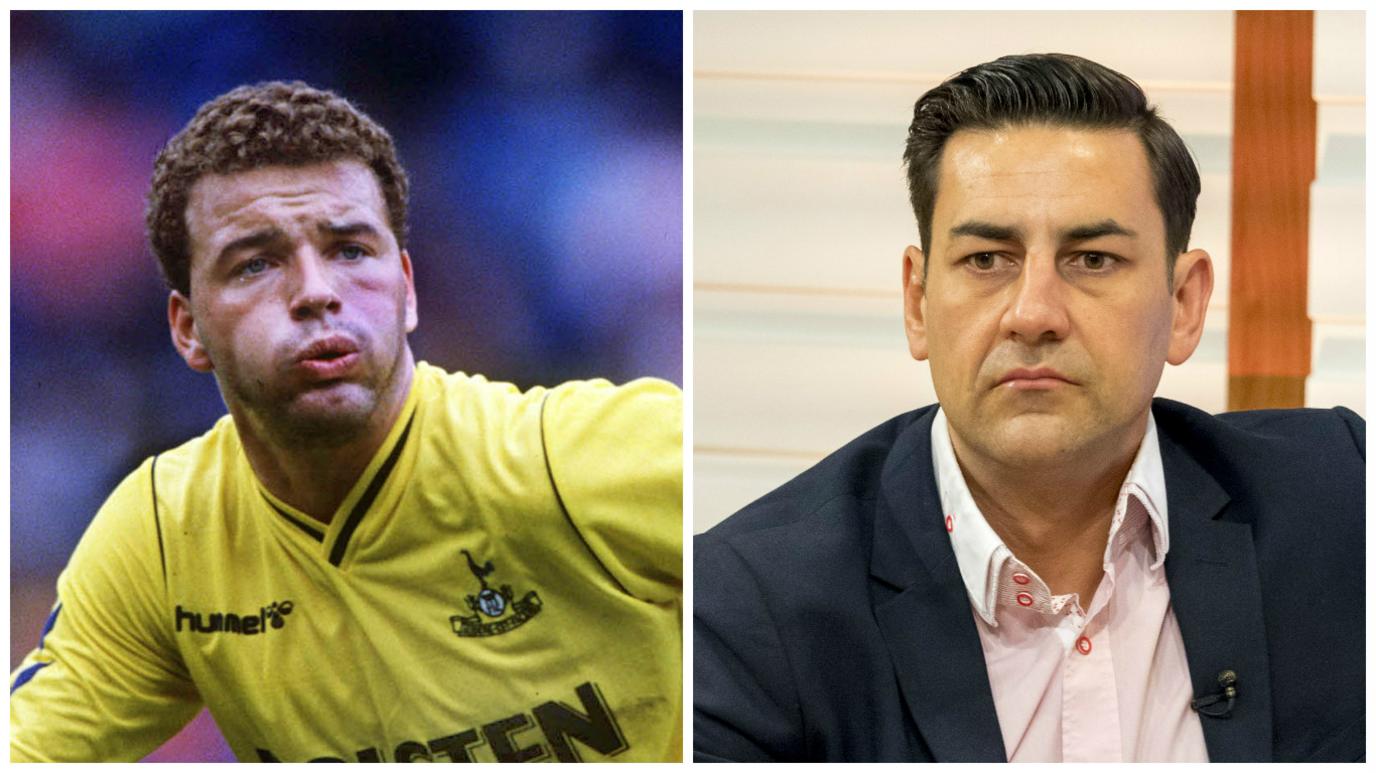
- Published25 November 2016
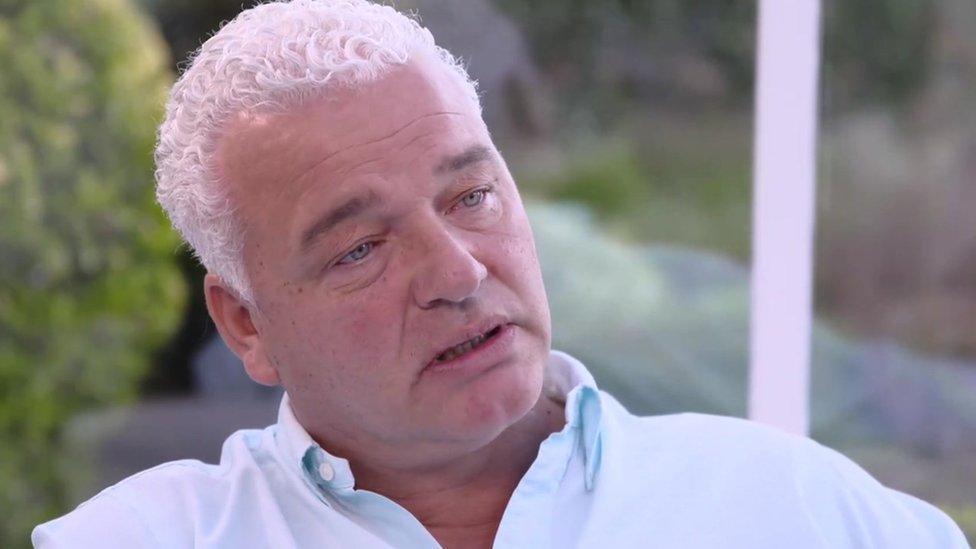
- Attribution
- Published24 November 2016
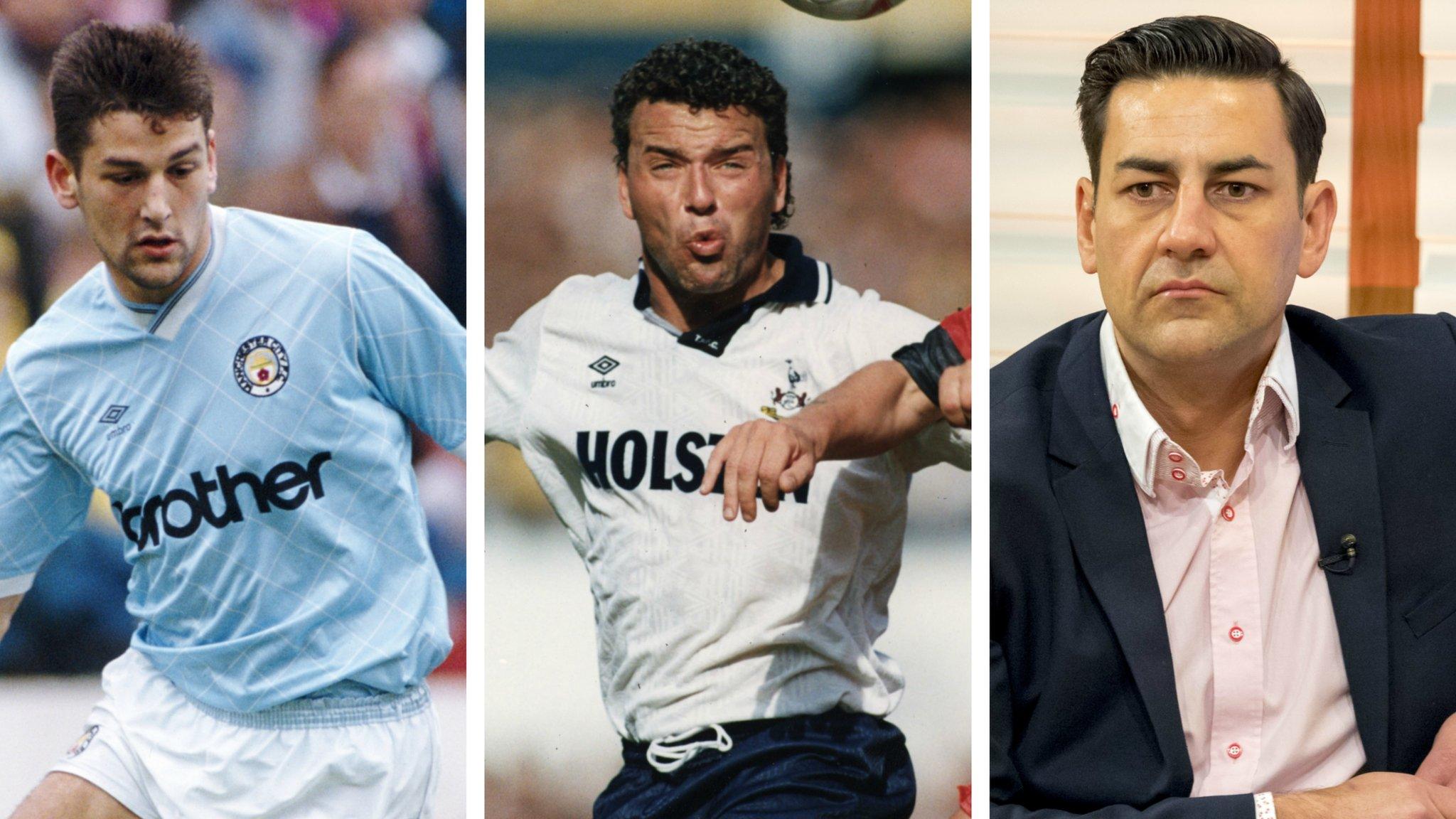
- Attribution
- Published23 November 2016
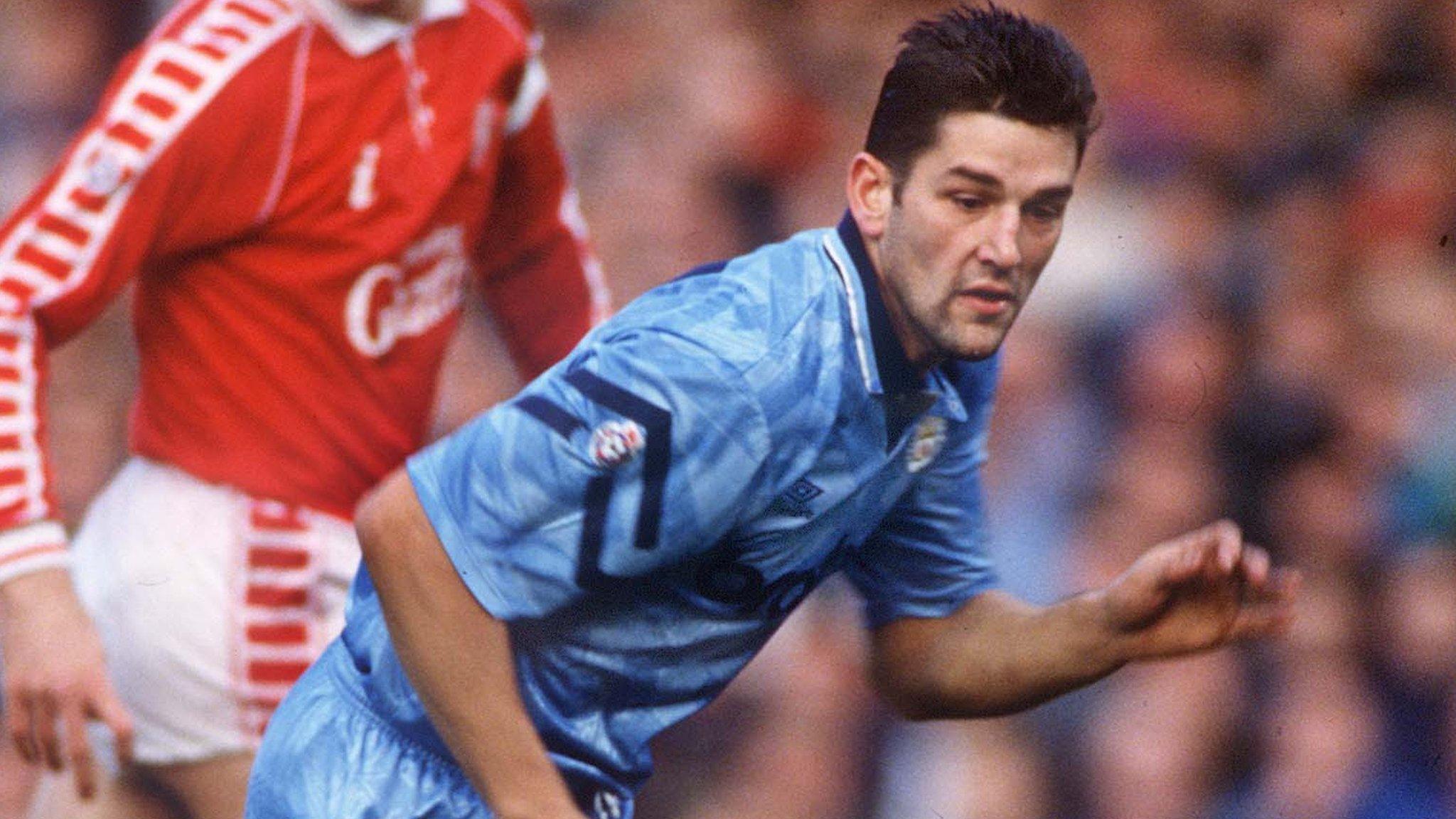
- Published22 November 2016
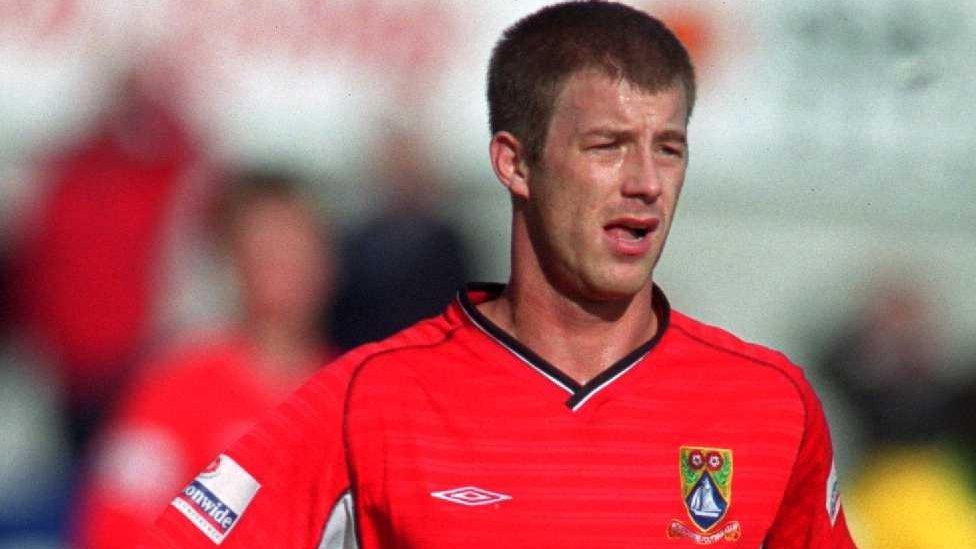
- Published21 November 2016
